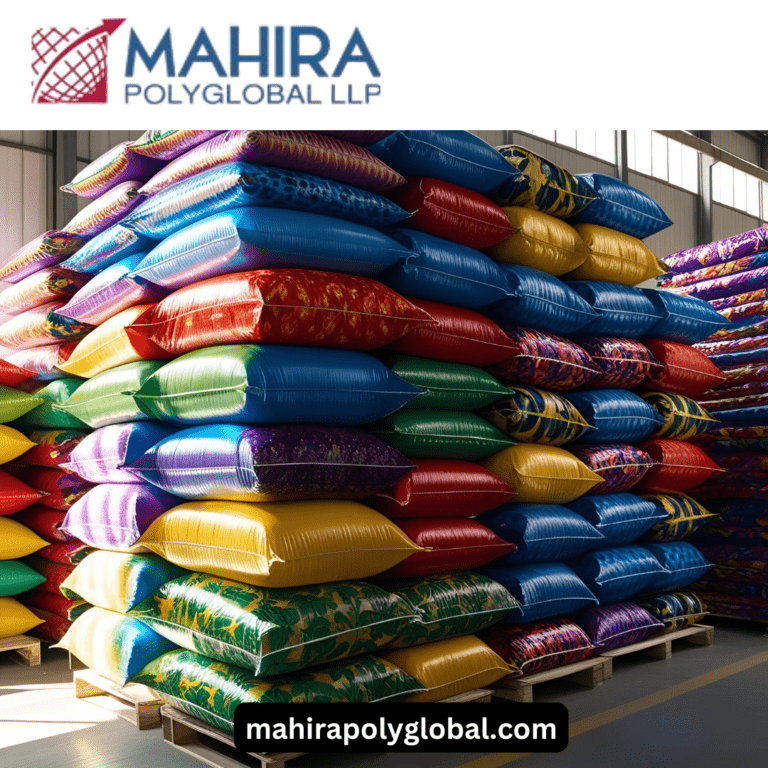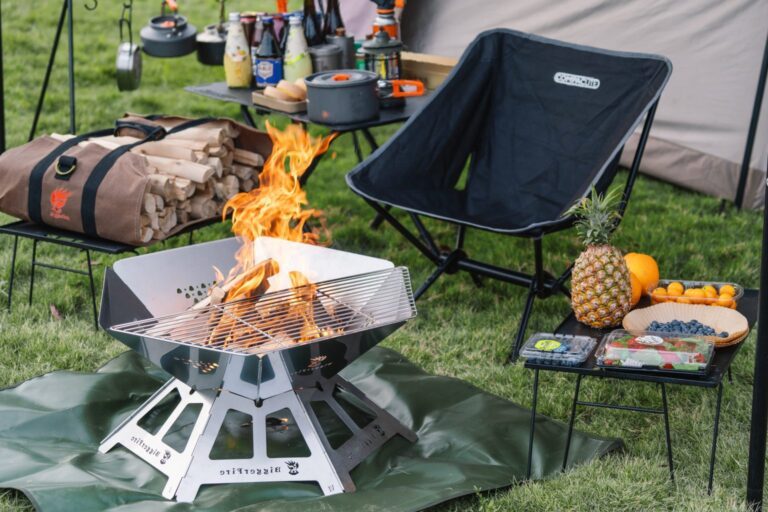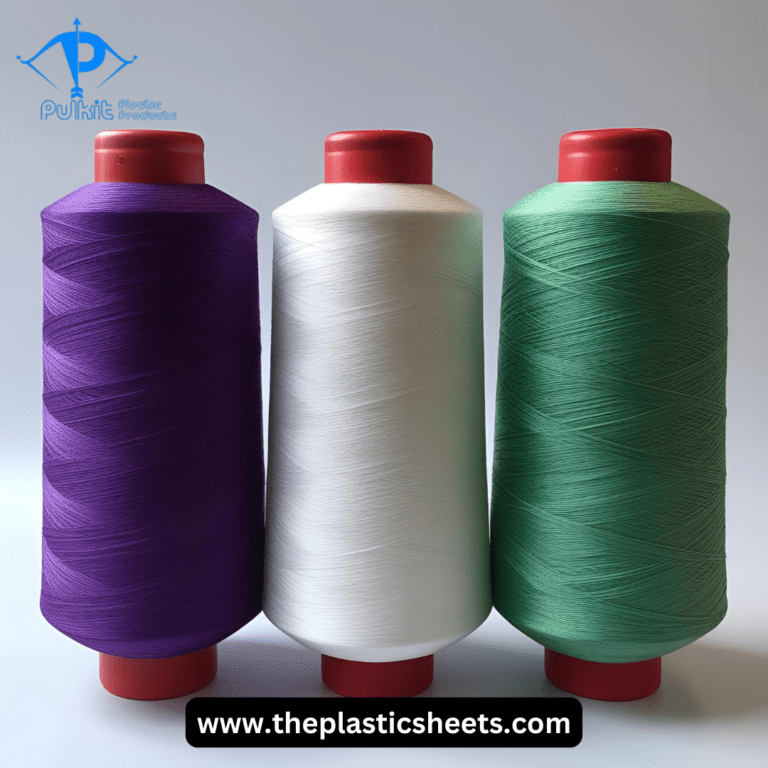In today’s connected world, power cords play a vital role in powering everything from home appliances to industrial machinery. These seemingly simple components often go unnoticed until they fail, causing inconvenience, damage, or even safety hazards. Yet, the importance of investing in high-quality power cords cannot be overstated. Whether you’re setting up equipment at home, in the office, or a more demanding industrial environment, the quality of your power cords is directly tied to the safety and efficiency of your operations.
Hidden Risks of Low-Quality Power Cords
Low-quality power cords may seem like a cost-saving option at first, but they often come with hidden risks that can have serious consequences. These include:
Electrical hazards
Inferior power cords are prone to overheating, fraying, or short-circuiting, all of which increase the risk of electrical fires. Subpar insulation and poor construction materials make these cords unsafe, especially when used with high-wattage devices.
Equipment damage
Using a low-quality power cord can result in inconsistent power delivery, which may harm sensitive electronic equipment. Voltage fluctuations and power surges caused by faulty cords can shorten the lifespan of devices and lead to expensive repairs or replacements.
Injury and liability
Damaged or poorly constructed power cords can pose tripping hazards or expose live wires, potentially causing injuries. For businesses, this can result in workplace accidents, employee downtime, and legal liabilities.
Environmental impact
Cheap power cords are often made from non-durable materials that degrade quickly, leading to frequent replacements and increased electronic waste. This not only affects your budget but also has a negative environmental impact.
Characteristics of High-Quality Power Cords
Not all power cords are created equal. High-quality power cords are designed to meet stringent safety and performance standards, ensuring reliability and longevity. Key features to look for include:
Durable materials
Premium power cords are made from high-grade materials, such as thick copper conductors and robust insulation. These materials ensure consistent power delivery and resistance to wear and tear.
Proper certification
Look for power cords that meet industry certifications such as UL (Underwriters Laboratories) or CSA (Canadian Standards Association). These certifications indicate that the cords have passed rigorous safety and performance tests.
Appropriate gauge
The gauge of a power cord refers to the thickness of its wires. High-quality cords have appropriate gauge ratings for their intended use, ensuring they can handle the required power load without overheating.
Weather resistance
For outdoor or industrial use, high-quality power cords often feature weather-resistant insulation. This prevents damage from moisture, UV rays, or extreme temperatures.
Flexibility and strength
Premium cords are designed to be both flexible and strong, allowing for easy handling and resistance to bending or breaking under stress. This is particularly important for cords used in environments where they are frequently moved or adjusted.
Why the Right Power Cord Matters in Different Settings
Choosing the right power cord for your specific environment can prevent a host of problems. Here’s why high-quality cords are essential in various settings:
Home use
In households, power cords are used for everyday appliances like refrigerators, microwaves, and televisions. A high-quality power cord ensures that these devices operate safely and efficiently. For example, cords with surge protection can safeguard expensive electronics during power outages or storms.
Office environments
Offices rely heavily on electronic equipment such as computers, printers, and servers. Low-quality cords in this setting can cause equipment failures or even data loss. High-quality power cords minimize these risks, ensuring seamless operations.
Industrial and outdoor applications
Industries often require cords that can withstand harsh conditions, including high temperatures, chemicals, or constant movement. Specialized options like an SJT power cord are ideal for such environments. These cords are specifically designed to handle heavy-duty use, offering superior durability and resistance to wear.
Healthcare facilities
In healthcare settings, the reliability of power cords can be a matter of life and death. Medical devices like ventilators, monitors, and imaging machines require uninterrupted power. High-quality cords with certifications for medical use ensure safety and reliability.
Key Benefits of Investing in High-Quality Power Cords
When you choose high-quality power cords, you’re investing in safety, efficiency, and peace of mind. Here are the top benefits:
Enhanced safety
Quality cords reduce the risk of electrical hazards, protecting your family, employees, and property. They are less likely to overheat, fray, or fail unexpectedly, ensuring safe operation in all environments.
Increased equipment lifespan
Consistent power delivery from high-quality cords prevents damage to your devices, extending their lifespan and reducing the need for repairs or replacements.
Cost savings
While high-quality cords may have a higher upfront cost, they save money in the long run by minimizing replacements, reducing energy waste, and preventing costly equipment damage.
Compliance with regulations
Using certified power cords ensures compliance with local safety regulations and standards. This is especially important for businesses, as non-compliance can result in fines or legal issues.
Environmental sustainability
Durable power cords reduce waste by lasting longer and requiring fewer replacements. Many high-quality cords are also made with environmentally friendly materials.
Importance of Choosing the Right Cord Type
Different power cords are designed for specific applications, so it’s essential to choose the right type for your needs. Here’s an overview of some common types:
Standard Power Cords
These are the most commonly used cords for household appliances and office equipment. They are designed for moderate power loads and general use.
SJT Power Cords
An SJT power cord is a heavy-duty option designed for industrial and outdoor use. These cords feature thermoplastic insulation, making them resistant to heat, oil, and moisture. They are ideal for power tools, generators, and other demanding applications.
Extension Cords
Extension cords come in various lengths and gauges, allowing you to power devices located far from electrical outlets. High-quality extension cords are essential for outdoor or high-power applications.
Specialty Cords
For specific equipment, such as medical devices or audiovisual systems, specialty cords provide the necessary features to ensure safe and efficient operation.
Tips for Selecting High-Quality Power Cords
When purchasing power cords, consider the following tips to ensure you make the right choice:
- Check the certifications – Look for cords with UL, CSA, or other recognized certifications.
- Choose the right gauge – Match the cord’s gauge to your device’s power requirements.
- Consider the environment – Select cords with weather resistance or other specialized features for outdoor or industrial use.
- Inspect the build quality – Look for thick insulation, sturdy connectors, and durable materials.
- Buy from reputable brands – Choose cords from trusted manufacturers to ensure reliability and safety.
High-quality power cords are more than just accessories—they are crucial components that ensure safety, efficiency, and reliability in any environment. From households to industrial facilities, the right power cord can make all the difference in preventing hazards, protecting equipment, and maintaining seamless operations.














